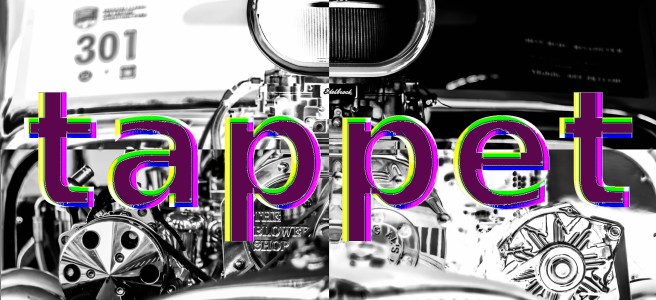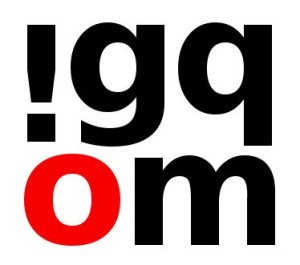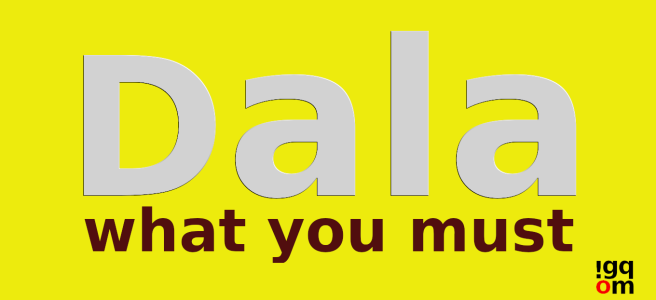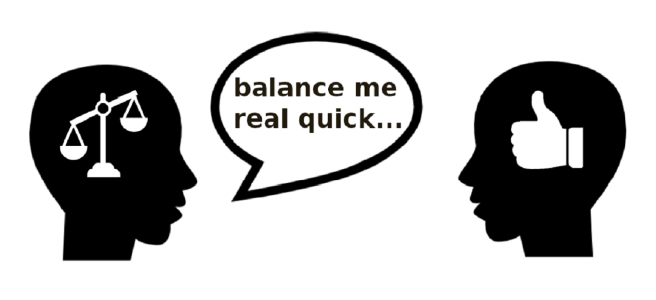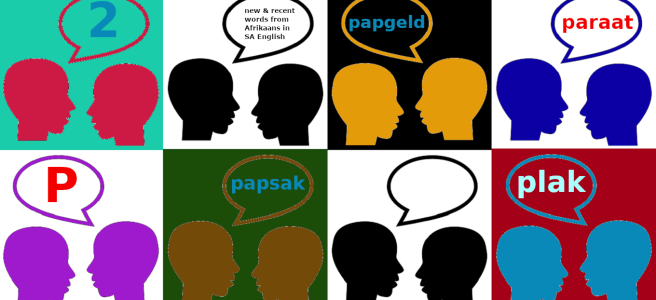The word “tappet” – used to refer to a person or their behaviour or culture – doesn’t have quite the same cachet as that which has been ascribed to “zef” in the last decade and a half. While similar to “zef,” unlike that term, “tappet” is not (yet?) one which people use to construct a self-identity. Initially a designation for petrolkoppe, the targets of the derision involved in the use of the term also include social class, ethnic or language background, and levels of intelligence or social sophistication.
“I know one tappet like that” – Exploring a South African stereotype
